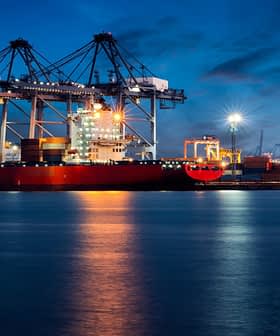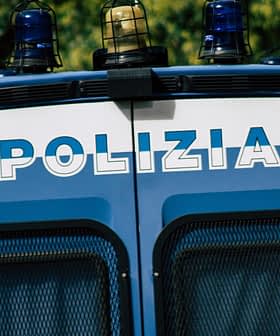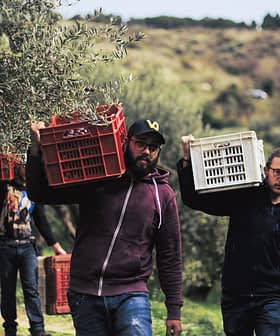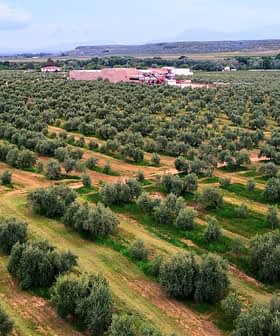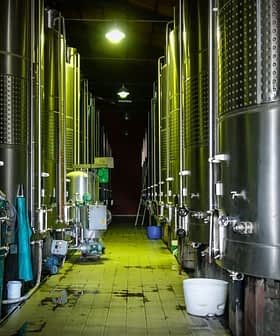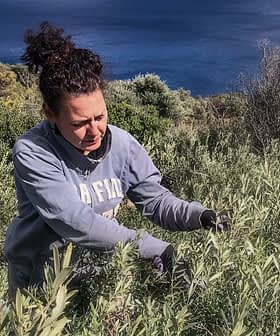150,000 Liters of Fraudulent Oil Seized by Europol
The criminal organization responsible for the olive oil fraudsters pocketed nearly $9 million annually from their illicit activity.
 Europol headquarters in The Hague
Europol headquarters in The HagueEuropol, in collaboration with Italian and German authorities, confiscated 150,000 liters of adulterated olive oil and arrested 20 individuals who were part of a well-organized gang that modified low-quality oils to be sold as extra virgin olive oil in Germany. The accused made approximately €8 million annually from this operation, part of a larger effort by Operation OPSON to combat food fraud and ensure the quality of food and drinks distributed across Europe.
Europol’s intellectual property crime unit seized 150,000 liters of adulterated olive oil heading for German restaurants and arrested 20 people in a joint operation with the Italian NAS Carabinieri and the Tribunal of Darmstadt in Germany.
The accused allegedly modified low-quality sunflower oil with chlorophyll, beta-carotene and soya, which was then passed off as extra virgin olive oil to be sold in Germany. In some cases, genuine olive oil had been completely replaced with fake oil but was still touted as olive oil.
The oil adulteration took place by a well-organized gang at an unregulated mill in Italy under unsanitary conditions. It was then transported to warehouses in Germany for distribution to buyers.
See Also:Olive Oil FraudThe accused included drivers who made fortnightly deliveries of the fake oil to Germany in trucks and accomplices who were responsible for the production and packaging of the oil.
Twenty houses were searched in Italy whilst in Germany five trucks, each carrying 23,000 liters of fake oil, were hauled in. Overall, 150,000 liters of fake olive oil were confiscated at a range of locations during the operation.
The accused are believed to have pocketed around €8 million ($8.93 million) annually from their adulterating operation. It is also believed that they acquired one million liters of sunflower oil each year for around €100,000,000 ($111,690,000) and then sold on their fake olive oil for between €5 and €10 ($5.58 and $11.17) per liter.
This seizure was part of an ongoing effort by Operation OPSON to eradicate food fraud and prevent substandard food and drinks being distributed across Europe and further afield.
Europol gave its full support to the operation, which began in March 2019 with a briefing attended by representatives from the Italian and German authorities at Europol’s headquarters in The Hague.
The organization’s role included processing and analyzing information obtained by investigating units as well as making experts from the Intellectual Property Crime Coordinated Coalition available on the day of action to provide onsite support.
Back In 2017, Europol issued warnings to producers and consumers that fraudulent food products, including olive oil, cheese, wines and spirits were on the rise across the E.U. Germany was named as one of the countries most affected along with Spain, France, Italy and Greece.
In the same year, a joint operation between Interpol and Europol resulted in €230 million ($290 million) of counterfeit and substandard food and beverages being seized in an operation spanning across 61 countries. This operation unveiled widespread fraudulence in products, ranging from olive oil to alcoholic beverages.
Participating countries received specific Europol training on olive oil quality to assist them in detecting fraud. In Denmark, where the operation focused on olive oil, it was discovered that many products labeled as virgin olive oil were blended with other grades and, in some cases, the product was no more than lampante oil.


